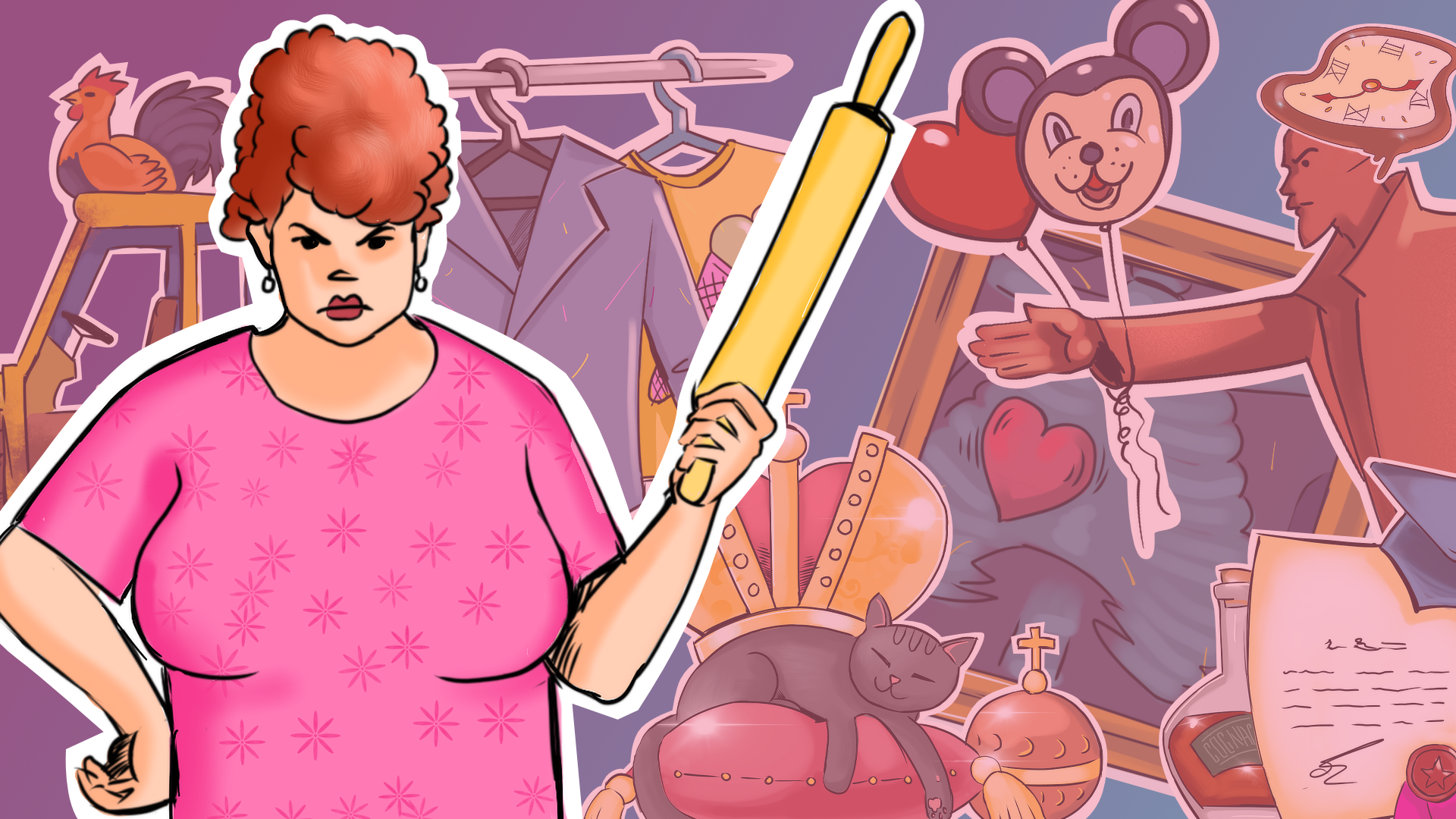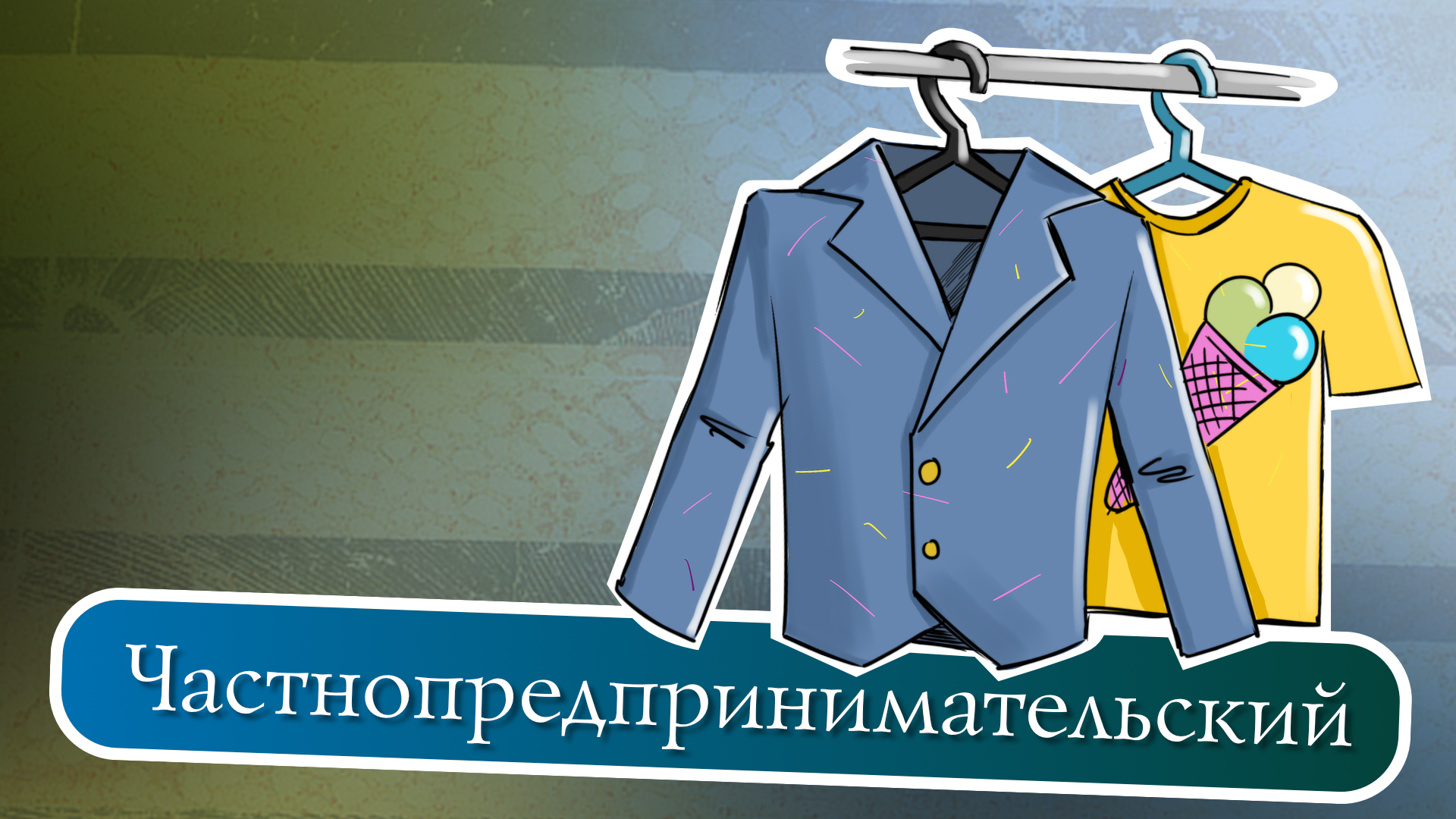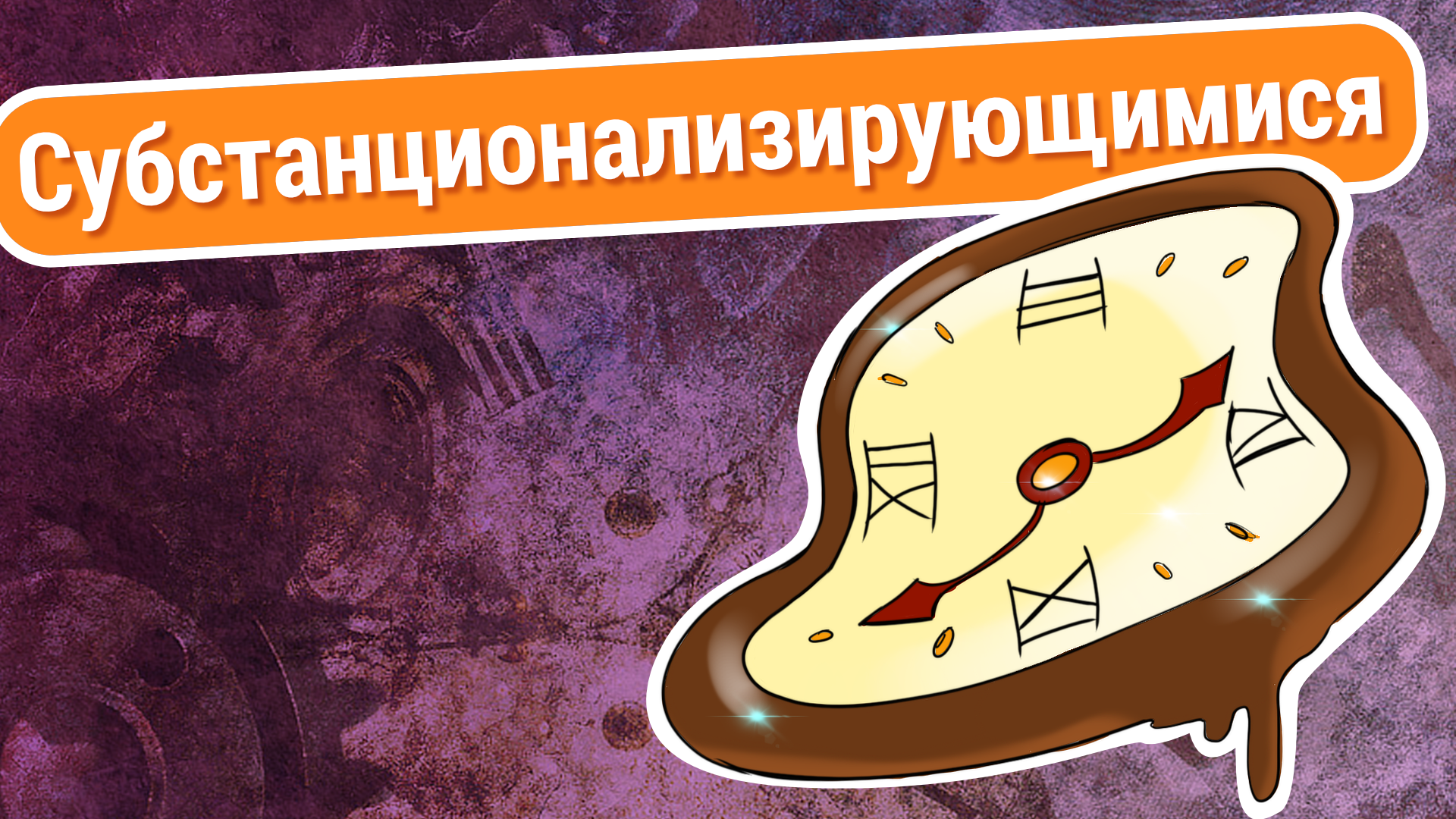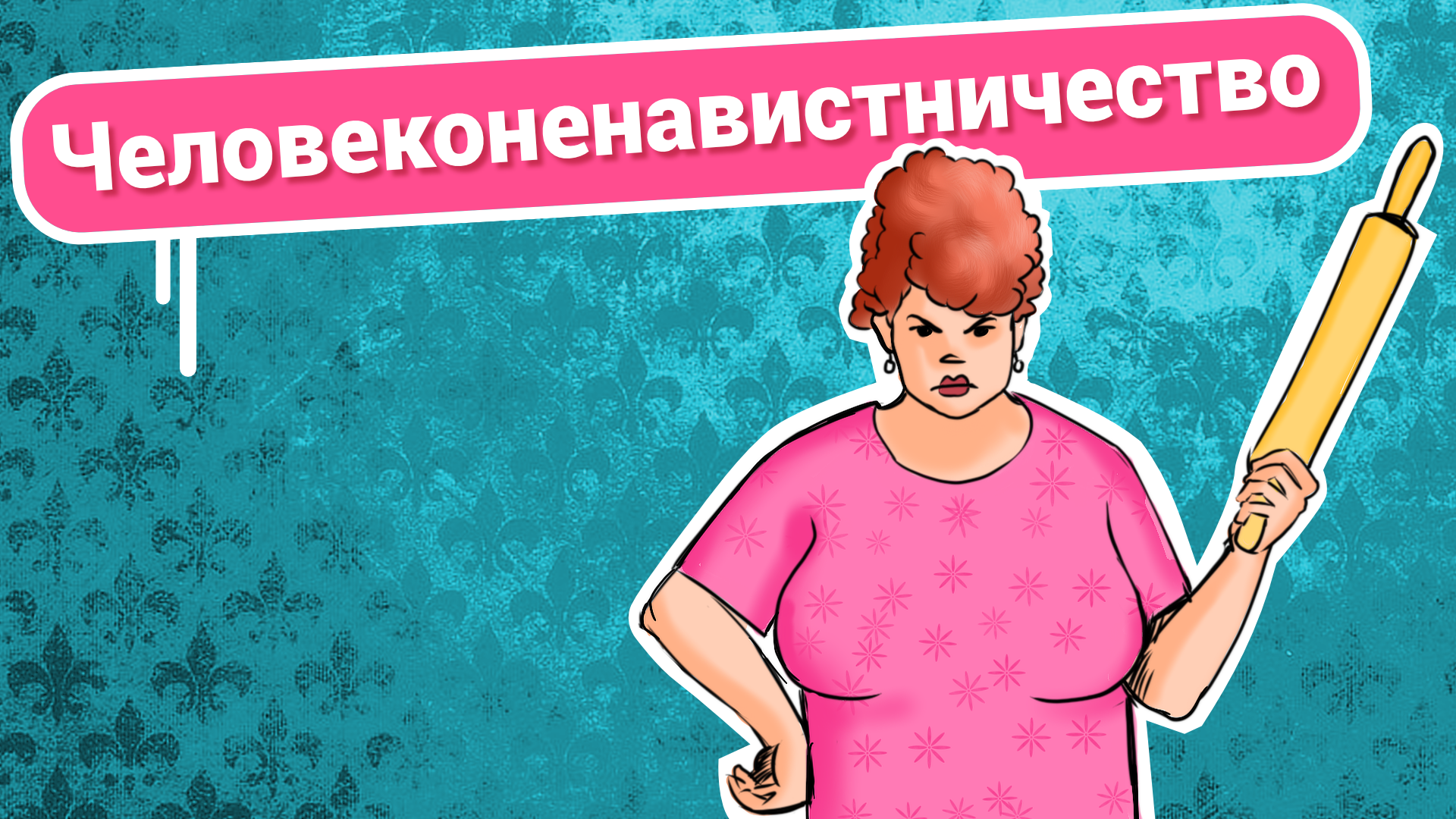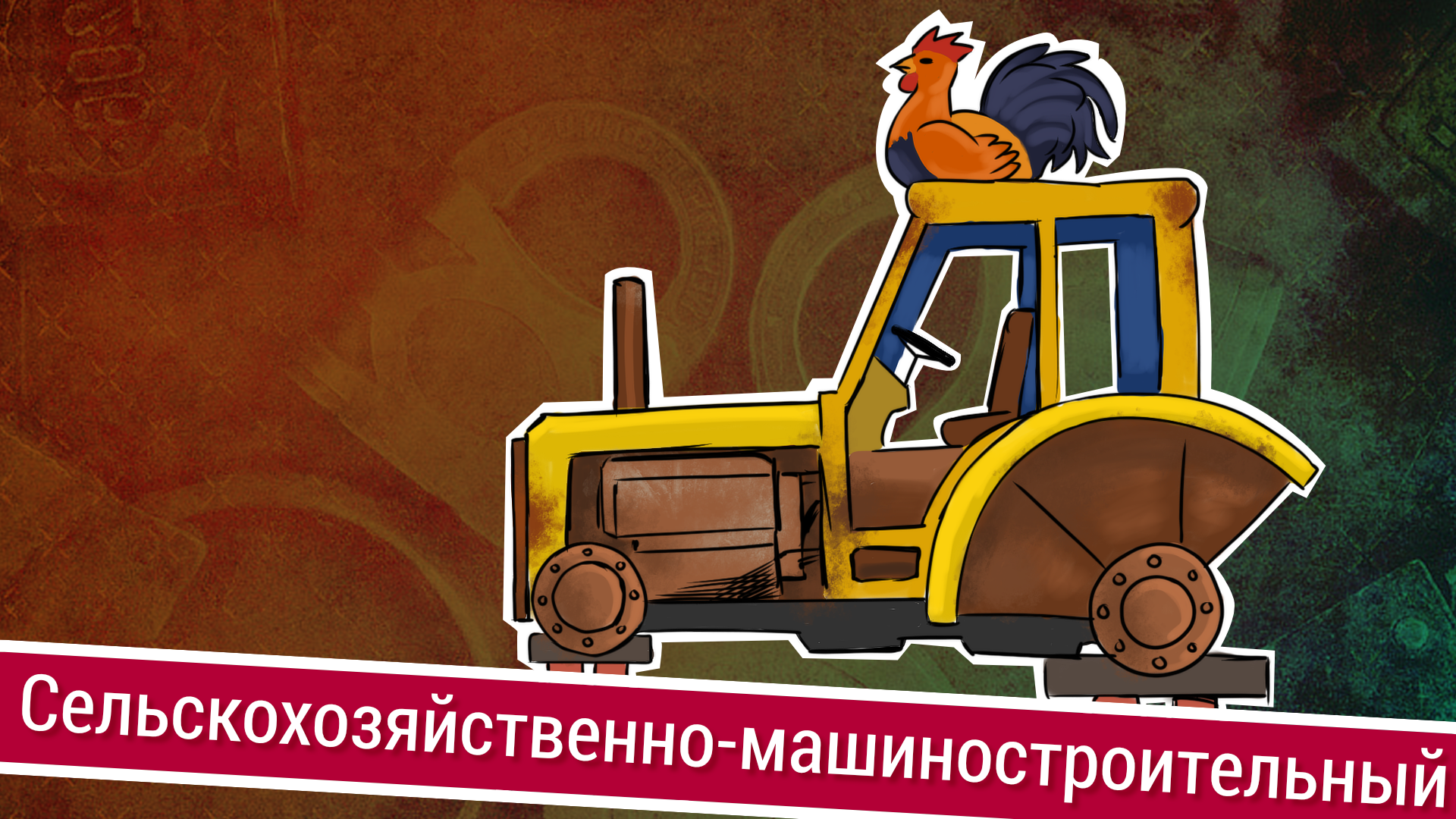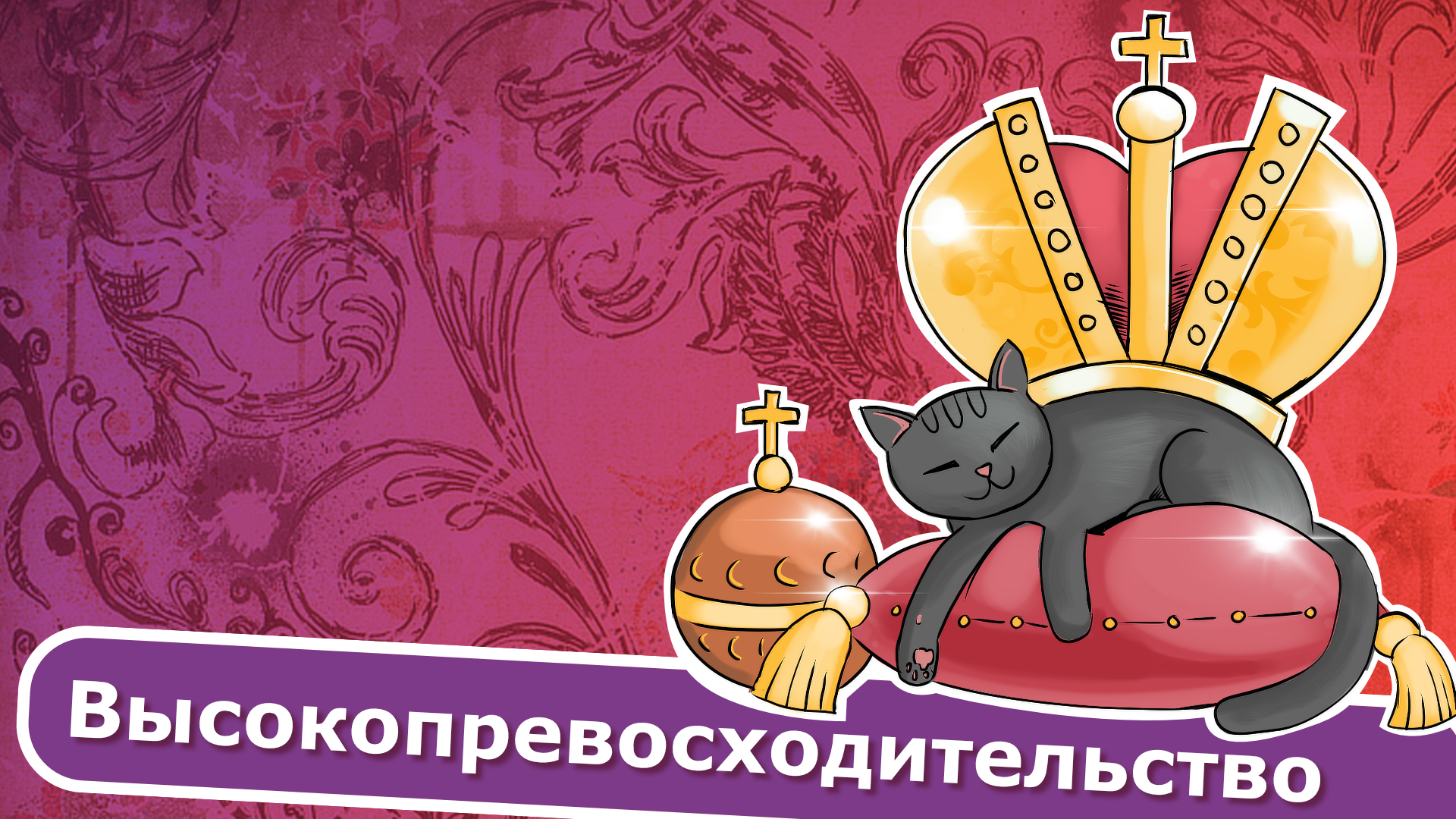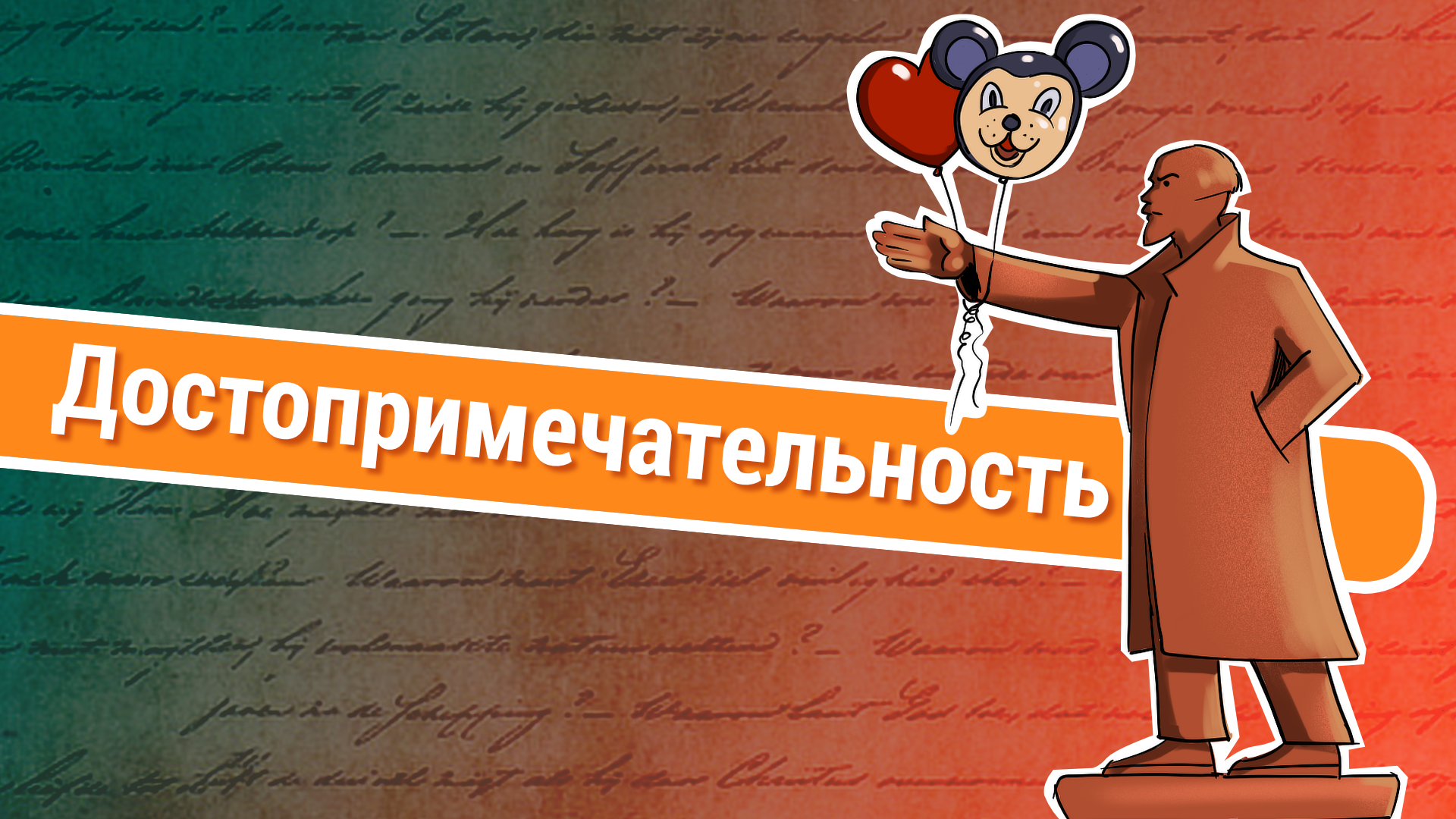Knowing a word of epic proportions such as “antidisestablishmentarianism” is always a great party piece – just ask this Welsh news reader. But when a foreigner can do it in Russian, well, that’s not something you see every day. This handy guide is here to help – be prepared for a challenge, but also see this as a chance to wow your Russian friends.
(If you’re a beginner – don’t worry; Russian words aren’t all like this!)
1. Рентгеноэлектрокардиографический (Rentgenoelektrokardiograficheskii)
This 31-letter monstrosity is often cited as the longest word in Russian, meaning “electrocardiographic X-ray.”
Fear not, it’s actually not as bad as it looks. Just separate the first eight letters (‘rentgeno-’) from the word, and from there the word becomes pretty similar to the English word “electrocardiographic.” Add some Slavic flair on the end (‘-icheskii’) and congratulations! You’ve just smashed the Russian language’s most brutal word. How does it feel?
2. Частнопредпринимательский (Chastnopredprinimatelskiy)
You might actually use this word, which translates to the adjectival form of “private business” or “private enterprise.”
The first thing you should learn in order to master this word is ‘predpriminatel’ – the Russian word for ‘entrepreneur,’ which practically disappeared in communist times until its reinstatement in Soviet law in 1986 during Perestroika. Once you know this important part, the rest of the word is a breeze: Just add ‘chasnto’ (Russian for ‘private’) to the beginning, and you’re ready to rock the boardroom.
3. Субстанционализирующимися (Substanzionaliziruyuschimisya)
This is one for those brainy philosophical souls, and translates roughly as “substantive” or “substantival.” In other words, this adjective describes something that has the function of a noun, or anything of utilitarian or material significance. But you knew that already, right?
The first half of the word (‘substanzional-’) is quite like the English version. The second half is where the fun begins, packing in seven more torturous syllables. Try not to wince too much as you repeat ‘-iz-ir-u-yu-schim-i-sya’! Practice makes perfect – you’ll develop a philosophical Russian soul in no time.
4. Человеконенавистничество (Chelovekonenavistnichestvo)
This is another good one for your existential crisis. In fact, it’s quite fitting that the Russian word for “misanthropically” is 24 letters long — you won’t be feeling too humanitarian after trying to pronounce this linguistic atrocity.
The good news is that this word is rather logical, and those with decent knowledge of Russian will have already recognized that it’s formed from two easy words: ‘chelovek’ (man) and ‘nenavist’ (hatred). Hatred of mankind, see? It all makes sense (sort of). Get these in order and you’re well on your way.
5. Переосвидетельствоваться (Pereosvidetelstvovatsya)
This can be translated as “to get re-certified,” or “to be re-examined.” A very formal word, it’s not hard to imagine yourself in a Russian bureaucratic institution getting completely bamboozled by someone using it. Until now, that is.
The key word buried within this lengthy horror is ‘svidetel,’ the Russian word for ‘witness,’ and its verb form ‘svidetelstvovat.’ Not easy, but once you’ve gotten the hang of it, all you’ll have to do is add ‘pere-’ at the start (the Russian equivalent of ‘re-’), and ‘-sya’ at the end, which makes it reflexive.
6. Сельскохозяйственно-машиностроительный (Selskokhozyaistvenno-mashinostroitelniy)
With 37 letters, it’s longer than our first entry, but the hyphen strips this eyesore of its title as Russian’s longest word. That doesn’t make the word (meaning ‘related to mechanical engineering for agriculture’) any easier to pronounce, or any more useful, for that matter.
There’s no easy way to go about this, unfortunately. The best method is to divide the word up into four separate parts – first, ‘selsko’ (meaning ‘rural’), then ‘khozyaistvenno’ (meaning ‘household’). The second part of the word also consists of two smaller parts: ‘mashino’ (meaning ‘machine’), and ‘stroitelny’ (meaning ‘building’).
Keep trying. You’ll get there eventually, even if you never actually use this word again in your life. We believe in you.
7. Высокопревосходительство (Vysokoprevoskhoditelstvo)
This stinker means “excellency” or “highness” – and if you can pronounce it correctly then you deserve this honor. The word, usually preceded by the word ваше (‘your’), is also one way to correctly address a king or queen. No wonder the Russian royal family fell from power.
Like most other words on our list, it’s also a compound that can be divided into two parts. The first is ‘vysoko’ (meaning ‘high’), leaving the second half, ‘preveskhoditelstvo’. Although a tongue twister in its own right, the second part is more manageable on its own. Keep practicing it, and then eventually add the first half. When you’re confident, use this on your Russian boss for instant brownie points.
8. Достопримечательность (Dostoprimechatelnost)
As the Russian word for “landmark” or “tourist attraction,” this word is by far the one on our list that’s most frequently used in day-to-day conversation. It appears early in the Russian-learning process, giving foreigners a kind of ultimatum within their first few lessons: “commit or leave now, this is what you’re in for.”
For most students, there’s only one way to learn this word – repetition. If you take classes, chances are your teacher will repeat it several times a lesson, and you’ll realize the word is catchier than it seems. If you don’t have a teacher, then perhaps this random woman I found on YouTube can help you instead.
If using any of Russia Beyond’s content, partly or in full, always provide an active hyperlink to the original material.
Get the week’s best stories straight to your inbox

Pronunciation is important. If you speak clearly, people understand what you’re saying, which is the aim of communication. Difficult words exist in every language. Of course, when you’re first learning a foreign language, all words seem to fit this description. To help you overcome your fear of difficult Russian words, we’ve prepared a list of words that Russian students and native speakers alike find challenging. To learn how to pronounce words like these, learn Russian with our tutors who will help you achieve perfect pronunciation.
3 Russian Words with Complicated Consonants
Do you still have trouble pronouncing the word “здравствуйте” (zdravstvuite), one of the Russian ways of saying hello? Don’t blame yourself: this difficult word contains eight consonants, some of which follow each other. Here are more words that may be difficult for you to pronounce:
-
соответственно (sootvetstvenno) – accordingly
-
свидетельствовать (svidetel’stvovat’) – to testify
-
среднестатистический (srednestatisticheskii) – average
To make pronunciation easier, try to spell out the words.
4 Russian Words that Contain “ы”
Non-native Russian speakers struggle to pronounce words that contain “ы,” as it has no analogue in English. Try these four words:
-
пыль (pyl’) – dust
-
сыр (syr) – cheese
-
мышь (mysh’) – mouse
-
бык (byk) – bull
These words are short and don’t have many consonants, but people still struggle with them. If you’re among those who confuse “ы” with “и,” now’s the time to learn the correct pronunciation.
5 Russian Words with “ш” and “щ”
The letter “ш” sounds like a snake’s hiss, while “щ” is a combination of “ш” and “ч.” These letters usually cause a lot of trouble, and what’s worse, sometimes they’re used together.
-
шифровальщик (shifroval’shchik) – cipher officer
-
соответствующий (sootvetstvuiushchii) – relevant
-
защищать (zashchishchat’) – to defend
-
подшипник (podshipnik) – ball bearing
-
штукатурка (stukaturka) – plaster
4 Difficult Russian Place Names
If you ever travel to Russia and get lost, be ready to pronounce strange place names:
-
Улица Кржижановского – ulitsa Krzhizhanovskogo – Krzhizhanovskogo Street
-
Площадь 1905 года – Ploshad’ tysyacha devyat’sot pyatogo goda – 1905 Square
-
Станция Краснопресненская – stantsiya Krasnopresnenskaya – Krasnopresnenskaya Station
-
Улица Фрунзенская – ulitsa Frunzenskaya – Frunzenskaya Street
Streets in Russia often bear the names of famous people. For example, Gleb Krzhizhanovskii was a Soviet scientist, and Michail Frunze was a Red Army commander in the Russian Civil War. Both 1905 Square and Krasnopresnenskaya Station are named in honor of the Russian Revolution of 1905.
8 More Difficult Russian Words
For additional practice, learn how to pronounce these eight words:
-
достопримечательность (dostoprimechatel’nost’) – tourist attraction
-
квалификационный (kvalifikatsionnyi) – qualifying
-
неодушевленность (neodushevlyonnost’) – inanimation
-
ввод (vvod) – enter
-
флуоресцентный (fluorestsentnyi) – fluorescent
-
жаворонок (zhàvoronok) – early riser
-
спровоцировать (sprovotsirovat’) – provoke
-
используемый (ispol’zuemyi) – used
Learn How to Pronounce Difficult Russian Words
This list is by no means exhaustive, but they’re a good start if you want to improve your pronunciation. If you’re eager to overcome the challenges of Russian, master your Russian pronunciation by working with a tutor.
level 1
Защищающихся — those who protect themselves
level 1
Сиреневенькая глазковыколупывалочка.
level 2
С полувыломанными ножками, всенепременнейше
level 2
I don’t know a lot of Russian but I can read this pretty well honestly.
level 1
Conversely, Russians have a hard time with “th” in English.
level 2
Like pronouncing ‘s’ with bitten tongue.
It hurts.
level 2
The ‘th’ sounds are somewhat rare across the world’s languages. English is a bit unusual in having both voiced and unvoiced versions as distinct phonemes.
Even within English it seems quite volatile. There’s a lot of native accents where it drifts into other more common sounds, usually a d/t or f/v, but also s/z and h.
level 1
Взбзднуть. And I heard foreigners have problems with ы vowel and щ/ться
level 2
Is that something you struggle with yourself to pronounce?
level 1
«Пыль» — dust. It’s a simple but a tricky word, because after the hard “ы” sound, goes the soft “ль” sound. English speakers always pronounce it like “пиль”🙂
level 2
The great equalizer, the true test of those who are worthy of mind and soul to learn the great Russian language
level 2
I struggled with that for a while, I can finally say it after 20+ lessons with my tutor. I can pronounce everything pretty good now if I speak slowly but having a conversation in Russian is still too difficult
level 2
Hey, a word I know! Although I’m sure I pronounce it wrong.
level 1
рентгеноэлектрокардиографический
Russian. Most likely one of the longest Russian words is a chemical term , which contains 55 letters. It was used in Russian patent RU2285004C2 (granted and published in 2006).
In this post
- 1 What is the hardest Russian word?
- 2 What is the most Russian word?
- 3 What is the longest word in all languages?
- 4 What is the weirdest Russian word?
- 5 What is the most beautiful Russian word?
- 6 What is the longest Japanese word?
- 7 What is the longest Ukrainian word?
- 8 Do Russians have middle names?
- 9 What’s the longest German word?
- 10 What word is longer than pneumonoultramicroscopicsilicovolcanoconiosis?
- 11 Is there a word longer than pneumonoultramicroscopicsilicovolcanoconiosis?
- 12 What’s the shortest word ever?
- 13 What is pneumonoultramicroscopicsilicovolcanoconiosis backwards?
- 14 Why do Russians say V as W?
- 15 How do you say vodka in Russian?
- 16 What do Russian guys call their girlfriends?
- 17 What does the Russian word ponyo mean?
- 18 What means Toska?
- 19 What is the longest word in Africa?
- 20 What is the longest Arabic word?
What is the hardest Russian word?
Top 5 Hard-to-Write Words
Top 10 most common Russian words pronounced by native Russian speakers
What is the longest word in all languages?
As we saw at the start of our hunt, the longest word according to a lot of sources is the technical name for the protein titin. It is the same across all languages and has nearly 200,000 letters.
What is the weirdest Russian word?
Unique Russian words
- kapel.
- dacha.
- glazomer.
What is the most beautiful Russian word?
11 Beautiful Russian Words to Make You Fall in Love With the…
What is the longest Japanese word?
A funny phrase in japanese is “toragahitowokamoutosurutokinounarinow” 虎が人を噛もうとするときのうなり声。 It is 37 letters long and is comprised of a 17 syllables. It is a very odd phrase, as it is defined as “the growl a tiger makes when it is about to about to bite someone”.
What is the longest Ukrainian word?
Nicotinamide Adenine Dinucleotide Phosphate.”
Do Russians have middle names?
Russians do not choose their own middle name, it is created by taking their father’s name and adding the ending -ovich/-evich for boys, or -ovna/-evna for girls, the particular ending determined by the last letter of the father’s name.
What’s the longest German word?
Kraftfahrzeughaftpflichtversicherung
A spokeswoman for Duden, publishers of the most extensive German dictionary, said: “For that, it has to be in common parlance, and long words are sometimes simply too uncomfortable.” So the longest word to be found in the German dictionary is Kraftfahrzeughaftpflichtversicherung – “motor vehicle indemnity insurance”.
What word is longer than pneumonoultramicroscopicsilicovolcanoconiosis?
Longest word in English
| Word | Letters |
|---|---|
| Lopadotemachoselachogaleokranioleipsano…pterygon | 183 |
| Pneumonoultramicroscopicsilicovolcanoconiosis | 45 |
| Supercalifragilisticexpialidocious | 34 |
| Pseudopseudohypoparathyroidism | 30 |
Is there a word longer than pneumonoultramicroscopicsilicovolcanoconiosis?
The longest words in the dictionary are: antidisestablishmentarianism – opposition to the disestablishment of the Church of England – 28 letters. floccinaucinihilipilification – the estimation of something as worthless – 29 letters. pneumonoultramicroscopicsilicovolcanoconiosis – a supposed lung disease – 45 letters.
What’s the shortest word ever?
The shortest word is a. Some might wonder about the word I since it consists of one letter, too. In sound, a is shorter because it is a monophthong (consists of one vowel), while I is a diphthong. Both do consist of one letter in the English writing system, and in most fonts I is the narrowest letter.
What is pneumonoultramicroscopicsilicovolcanoconiosis backwards?
The longest word McElmurry has ever spelled backwards, he said, is pneumonoultramicroscopicsilicovolcanoconiosis, a lung disease caused by inhaling fine ash and sand dust commonly found in coal miners. “It’s actually eight words glued together,” McElmurry said. “It’s 45 letters.”
Why do Russians say V as W?
When speaking English, Russians will say “vodka” as “wodka”. Why is that? In Russian, the word for vodka starts with a /v/ so it is interesting that they would say /wodka/ in English when it starts with a /v/ in their language.
How do you say vodka in Russian?
Transcript. How to Say Vodka in Russian. This is a very important word and the most basic translation would be .
What do Russian guys call their girlfriends?
is most commonly used when addressing female loved ones and friends. – I have a surprise for you, sweetie.
What does the Russian word ponyo mean?
“Ya ponyo”
I’ve heard Russian speakers mention something that sounds like “ya ponyo” a lot. I figure it means “I understand“.
What means Toska?
sadness
Toska – noun /ˈtō-skə/ – Russian word roughly translated as sadness, melancholia, lugubriousness. Accordding to Vladimir Nabokov “No single word in English renders all the shades of toska. At its deepest and most painful, it is a sensation of great spiritual anguish, often without any specific cause.
What is the longest word in Africa?
According to the Total Book of South African Records, the longest word in the language isTweedehandsemotorverkoopsmannevakbondstakingsvergaderingsameroeperstoespraakskrywerspersverklaringuitreikingsmediakonferensieaankondiging (136 letters), which means “issuable media conference’s announcement at a press release
What is the longest Arabic word?
أفاستسقيناكموها
The actual longest word in Arabic is أفاستسقيناكموها (‘afastasqaynakumuha, “did we ask you to give it to us to drink”), which is a 15 letter word.
Should I learn Russian?
If you’re still thinking if you should start learning Russian or not, here are some facts to motivate you:
- 1. It is one of the most spoken languages worldwide.
- 2. Some of the most beautiful literature masterpieces are written in Russian.
- 3. It is the language of the largest country in the world, an important economic and political power.
- 4. Russian is part of the Slavic family, which means that learning Russian will make it easy to learn Ukrainian or Belarusian.
- 5. The Cyrillic alphabet is formed of 33 letters. As long as you learn them, it will be easier for you to write and read.
Continue reading and you’ll discover why Russian isn’t as hard to learn as you think! Master the hardest Russian words to make it easy to pronounce the basic Russian words!
How hard is Russian?
Many of the learners that are at the start of their path look for an answer to this question and many of those who already know Russian will differ in their opinions. There are some aspects that make learning Russian easier than you think. One of them is the phonetic alphabet, you don’t need to remember hard pronunciation rules that exist in other languages. The hardest Russian words are pronounced exactly how they are written, which is a huge plus! A part of the letters are similar to English, the rest will take some time to be learned but once you do it, you will be able to read and write even the hardest Russian words. The rules of Russian grammar are very precise and universal. One of the hardest thing for foreigners is the Russian pronunciation because the hardest Russian words are usually made of more consonants than vowels, that is why we’ve prepared this free Russian lesson. So, if you’re wondering «Is Russian a hard language to learn?» — we believe it is a challenge, but definitely not the hardest one!
How to pronounce the hardest Russian words?
This free Russian lesson will introduce you to some of the hardest words to spell in Russian. The lector will help you with the pronunciation example and you can continue practising by repeating the hardest Russian words. This lesson of difficult words to pronounce is a perfect way to master the spelling of the Russian alphabet and the hardest Russian words. We are sure that after this lesson, the hardest Russian words will seem much easier and their pronunciation will be simple. These hardest Russian words are also a good vocabulary and memory exercise! If you’re interested in more lessons on learning Russian, the Russian culture and traditions and free basic Russian lessons, we have everything prepared on our site! Besides this hardest Russian words lesson, we can propose you other great lessons! For example, the Basic Russian — introducing yourself lesson will teach you basic Russian vocabulary and how to introduce yourself, while the Basic Russian — greetings lesson will teach you the greetings in Russian. For advanced Russian, check out the Greatest Russian novels of all time lesson that will present you some of the masterpieces of the Russian literature. Learn Russian with VocApp to achieve fast results!
r/AskARussian
•
u/Alternative_Taste354
Australia
•
Apr 12 ’22
As title states, what is (if any) the hardest word or sound that a foreigner would struggle to pronounce and maybe you guys do too?
16 Upvotes
- permalink
- link
-
reddit
You are about to leave Libreddit
Do you want to continue?
what is the most hardest word/sound to say in the russian language
by u/Alternative_Taste354 in AskARussianNo, go back!
Yes, take me to Reddit -
reddit
You are about to leave Libreddit
Do you want to continue?
what is the most hardest word/sound to say in the russian language
by u/Alternative_Taste354 in AskARussianNo, go back!
Yes, take me to Reddit
78% Upvoted
74 comments sorted by
u/ajr1775
Apr 12 ’22
Conversely, Russians have a hard time with “th” in English.
u/Sokoll131
Saint Petersburg
Apr 12 ’22
Like pronouncing ‘s’ with bitten tongue.
It hurts.
u/ajr1775
Apr 12 ’22
Yeah, seems common for Eastern Europe as well. My wife is Slovak and she can’t do «th», instead of «that» she says «dat». LOL
u/Sokoll131
Saint Petersburg
Apr 12 ’22
Zat. Or even зat.
If struggling with pronouncing, I just go full рашн эксент. That way my words are weird, but understandable.I always wondered how Serj Tankjan makes his r sound so cool… And then I realized — it’s not r, it’s Russian ‘р’.
u/Cheese-n-Opinion
Apr 12 ’22
The ‘th’ sounds are somewhat rare across the world’s languages. English is a bit unusual in having both voiced and unvoiced versions as distinct phonemes.
Even within English it seems quite volatile. There’s a lot of native accents where it drifts into other more common sounds, usually a d/t or f/v, but also s/z and h.
u/Both_Storm_4997
Apr 12 ’22
Th is not rare, it’s from Greek.
u/Cheese-n-Opinion
Apr 12 ’22
Greek has both th sounds too but they’re not the origin of the sounds in English, they developed independently in each language.
I didn’t say it was unique to English, just somewhat rare- iirc the figure’s around 5% of living languages having at least one of them. That said it does include some very widely spoken languages like Modern Standard Arabic, and Spanish (but only as spoken in Spain).
u/Grandson_of_Kolchak
Apr 12 ’22
edited Apr 12 ’22
Взбзднуть. And I heard foreigners have problems with ы vowel and щ/ться
u/Alternative_Taste354
Australia
Apr 12 ’22
Is that something you struggle with yourself to pronounce?
u/Grandson_of_Kolchak
Apr 12 ’22
It’s one of the only words with six consonants next to each other. Like контрстрельба
u/One1Zero0Zero0
United States of America
Apr 12 ’22
The тр in контр would have an -e like sound between the т and р, right? The same -e would be in цилиндр or Декабрь at the end.
I am learning Russian and it seems you can “assume” certain vowels are between certain consonant pairs. Kind of like how semitic languages do not use characters for vowels but speakers just know which ones to insert.
It certainly makes some of those multi-consonant words or “odd” consonant pairs easier to say.
u/Grandson_of_Kolchak
Apr 12 ’22
Well you’ll be fine if you keep this vowels imaginary. If they are heard the speaker is considered either rustic and lower-class or maloross.
u/One1Zero0Zero0
United States of America
Apr 12 ’22
Ah, I will stop doing this then. I do not want to sound sillier than I already do!
Is it more like adding an “r” sound on its own after the rest of the world? Would контр sound less like “kahnter” and more like “kahnt r”?
(also, I am assuming the о in контр is not stressed here)
u/Ill_Classic_5762
Apr 12 ’22
«Пыль» — dust. It’s a simple but a tricky word, because after the hard “ы” sound, goes the soft “ль” sound. English speakers always pronounce it like “пиль”🙂
u/Leather-Ranger-6064
Russia
Apr 12 ’22
u/Christianjps65
United States of America
Apr 12 ’22
The great equalizer, the true test of those who are worthy of mind and soul to learn the great Russian language
u/Medical-Bed-9060
Apr 12 ’22
I struggled with that for a while, I can finally say it after 20+ lessons with my tutor. I can pronounce everything pretty good now if I speak slowly but having a conversation in Russian is still too difficult
u/Jakebob70
United States of America
Apr 12 ’22
Hey, a word I know! Although I’m sure I pronounce it wrong.
u/daktorkot
Rostov
Apr 12 ’22
Personally, I have no problems with the pronunciation of Russian words, I have been pronouncing them for more than 50 years. For foreigners, as far as I know, the sound «Ы» causes the greatest difficulties. I mean English-speaking foreigners. For example, there is such a sound in the Altaic languages.
u/Expert-Union-6083
ekb -> ab
Apr 12 ’22
edited Apr 12 ’22
There shouldn’t be any hard sounds in russian for russians, as they wouldn’t become part of a language while it was developing.
afaik russian «r» (р) is considered hard to roll for lot’s of languages. For asians it is somehow close to «l» (л). Within Russia there are quite a bit of people who can’t pronounce it either. The condition is called картавость; usually tried to be corrected in childhood. Lenin, Brodsky, Vertinsky had this condition.
Also, «h» (х) when followed by consonant becomes impossible for english-speaking person to pronounce, hence we have to write it as «kh». Somehow they pronounce it just fine when it’s followed by vowel, like in hollow or happy.
u/tryrublya
Voronezh
Apr 12 ’22
For me, the most difficult sound is «л», because I pronounce it as «w». This diction defect is called lambdacism, the usual pronunciation in Polish, but incorrect in Russian.
For foreigners, I have heard that the sound «щ» is difficult. The sound of «ы» is also difficult, but not for everything, for example, it is also in Portuguese.
The most difficult word? Hmm, «защищающихся»?
u/Substantial-Wing3862
Apr 12 ’22
edited Apr 12 ’22
Ыыыыыыы!
Actually a number of people struggles to pronounce the word «блять» correctly because of the sounds combination
u/[deleted]
Apr 12 ’22
I am impressed how you guys can just forget about all the atrocities and just be like: let’s practice pronunciation!
u/Chupiite
Apr 12 ’22
I’m not native Russian but speaking it since childhood due to my dad. I never really struggled with words but I always have to think days of week понедельник and пятница and also воскресенье and среда. Don’t know why but all my life mixing them up 😁
u/Medical-Bed-9060
Apr 12 ’22
From what I can tell words of the week share some similarities between numbers, I’m not Russian though but am learning and it’s just an observation I could be completely wrong but Friday has the same beginning as five.
u/False-Comparison-651
Apr 12 ’22
After the obvious «ы», я is also difficult to get correct when preceded by a consonant. Foreigners tend to say “ee-aa” instead of “ya”. Example: «Ася» becomes 3 syllables instead of 2: Ah-see-ya
u/Double-Role-6454
Apr 12 ’22
“With rice” — с рисом — is a hard phrase for me, a native English speaker. It’s hard for me to roll that “r” immediately after an “s” sound.
u/Ritterbruder2
Apr 12 ’22
When I try to pronounce Ж and З and the end of a syllable, I tend to make them voiceless and becomes Ш or С. So раз sounds like рас and падеж becomes падеш.
I don’t find Ы difficult at all, and I can tell Ш and Щ since I know Mandarin, and I can do Х since I also know German.
Lol
u/Teradle96
Apr 12 ’22
«Шёл грека через реку видит грека в реке рак сунул грека руку в реку рак за руку греки цап»
u/vuchkovj
Apr 12 ’22
As a South Slav, I find it tiring when there is too much palatisation clustered together, which happens often.
Especially letters that don’t have palatised/soft form in my language like t, s, etc. I’m not even sure how to pronounce those. And of course the short i is a very unnatural sound.
Speaking of — does it sound too weird or ugly when foreigners just skip palatization most of the time, and pronounce short i like the regular one?
u/AndreyLobanov
Moscow Oblast
Apr 13 ’22
Человеконенавистничество (misanthropy)
Защищающийся (defensive)
I think the difficulty of pronunciation depends a lot on what your native language is. I think that for example a Slovak can easily learn to pronounce these words correctly and without an accent after a little practice. Because the Slovak language is similar to Russian, there are many similar words, word roots, sound combinations. And for example, for the Chinese, this will be a very difficult task, because there are simply no such long words in the Chinese language.

